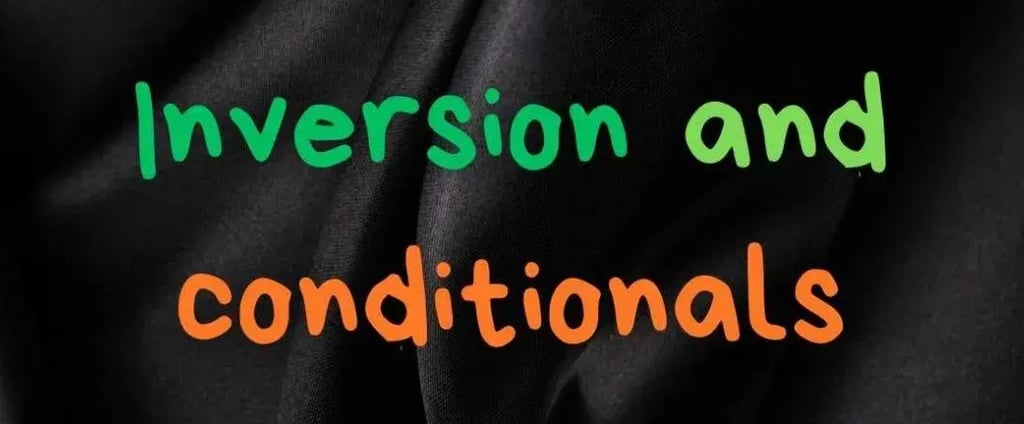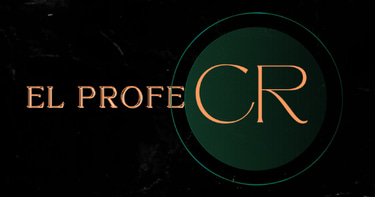
Inversion and conditionals
C1 GRAMMAR
2 min read


Do you know how to use inversion in conditional sentences?
Look at these examples to see how we can create conditionals with inversion.
Should you have any questions, I will be happy to help.
Were they to sell their house today, they would make a huge profit on it.
I would've taken you out for lunch had I known you were in town.
Explanation
Conditional sentences can also be formed without if by using inversion. Inversion means reversing the normal subject–verb word order in a sentence, making it sound more formal.
We use conditionals to describe the result of a condition. Often, we use if to introduce the condition (e.g. If you feel hot, …) and the main clause to give the result (... feel free to switch on the aircon).
Three types of conditionals can be formed using inversion: first, second and third conditionals.
First conditional
We use the first conditional to talk about future situations we believe are possible.
Marker pens are in the cupboard if you ever need one.
If a customer wishes to cancel their booking, they should notify us within seven days.
To invert first conditional sentences, we replace if with the auxiliary verb should and change the verb into the infinitive. This makes the situation seem a little less likely. It is often used to make a polite request or offer.
Marker pens are in the cupboard should you ever need one.
Should a customer wish to cancel their booking, they should notify us within seven days.
Second conditional
We use the second conditional to talk about situations that we consider unlikely or impossible in reality.
How would the environment be affected if everyone reduced their meat consumption?
If the Sun disappeared, Earth would no longer be able to support life.
To invert second conditional sentences, we replace if with were and change the verb form to to + infinitive.
How would the environment be affected were everyone to reduce their meat consumption?
Were the Sun to disappear, Earth would no longer be able to support life.
Note that if a second conditional sentence uses the verb be, we don't need the infinitive for the inverted version. We just replace the existing form of be with were, and invert the subject and verb.
If California were a country, it would be one of the world's largest economies.
Were California a country, it would be one of the world's largest economies.
Third conditional
The third conditional is used to imagine a change in a past situation and how things would have been different in the past as a result.
If we had lost that match, it would've been a disaster.
We would have fixed that problem by now if we'd known about it earlier.
To invert third conditional sentences, we remove if and invert the subject and the auxiliary verb had.
Had we lost that match, it would've been a disaster.
We would have fixed that problem by now had we known about it earlier.
Negative inverted conditionals
To make negative inverted conditionals, we put not after the subject.
Should you not consent to sharing this information, you may inform our company at any time. (= If you don't consent …)
Were I not good at maths, I'd find this homework very challenging. (= If I wasn't good at maths …)
Had I not been busy this morning, I would have attended the meeting. (= If I hadn't been busy …)
Sobre nosotros
El Profe CR busca ayudar a aquellas personas que deseen desarrollar las habilidades que hoy en día las empresas requieren de cada candidato(a) con y sin experiencia laboral.
©2025 Todos los derechos reservados.
